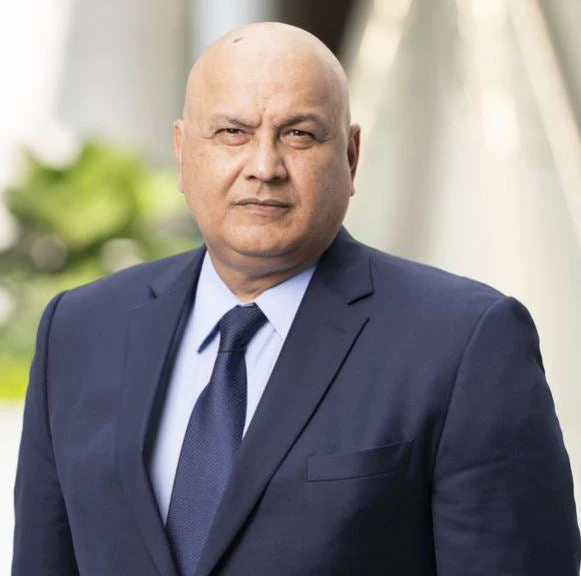 Our visit to the Kinshasa Multisector Development and Urban Resilience Project, known as KIN ELENDA. Photo: Boris Luntadila Luviya / World Bank
Our visit to the Kinshasa Multisector Development and Urban Resilience Project, known as KIN ELENDA. Photo: Boris Luntadila Luviya / World Bank
The Democratic Republic of Congo (DRC) is one of the largest and most populous countries in sub-Saharan Africa. It’s also where people encounter one of the lowest rates of access to water and basic sanitation.
At the national level, nearly 65% of DRC’s population lack basic access to water, 84% lack basic access to sanitation, and nearly 18% continue to practice open defecation. Although there have been improvements in water and sanitation coverage in recent years, these results tend to be rapidly absorbed by population growth. At this rate, it is highly unlikely that the Democratic Republic of Congo will be able to achieve Sustainable Development Goal 6 (SDG 6), which calls for universal access to water and sanitation by 2030.
Last month, while visiting Kisenso, a commune south of the capital city of Kinshasa, and Kananga, a city in the Kasaï-Central province of the DRC, we were able to observe the challenges facing both the population, forced to purchase drinking water, jerrycan by jerrycan, and REGIDESO, the public company responsible for urban water supply, which is struggling to find the means to meet ever-increasing demand.
Several factors are at work. According to a World Bank expenditure review, the DRC devotes just 0.23% of the national budget to the water supply, sanitation, and hygiene (WASH) sector, compared with 7.31% for health, for example, although the weakness of the WASH sector contributes directly to increased health risks for mothers and children, damaging their productivity and leading to a loss of human capital. Within the WASH sector, sanitation is the weakest link - receiving 13 times less budget than water.
In addition to insufficient funding, decentralization is incomplete and public finance management is inefficient. Funding has a very low execution rate: 20.5% of WASH expenditures budgeted for between 2017 and 2021 were actually implemented, compared with an average of 72% in other countries.
Low budget execution in the WASH sector is partly due to the absence of investment transfers to the provinces and decentralized territorial entities, despite the fact that annual budgets provide for such expenditure. This situation will have to change if the Congolese population is to benefit from the basic service of water and sanitation.
To reduce the gap, the government will need to mobilize additional resources from all development partners, but also increase the effectiveness of public financing and attract more private-sector investment to complement these efforts.
The World Bank is committed to supporting the government through three projects that would benefit over 15 million people by 2034: the Kinshasa Multisector Development and Urban Resilience Project -known as KIN ELENDA- (which has already benefitted nearly 3 million people), the Access Governance & Reform for the Electricity and Water Sectors Project -AGREE- (including $180 million for water and sanitation in Kananga and Goma), but also the multi-phase approach of the Water Supply and Sanitation Access Program -PASEA- which provides funding of $400 million for the provinces of Kwilu, Kasaï, Kasaï-Central and Kasaï-Oriental in its first phase.
Through the PASEA program, one of the most innovative and important in the water sector, launched with the government on May 8, 2024, we aim to help the DRC increase access to basic drinking water supply and sanitation services in selected provinces, and strengthen the capacity of the public and private sectors in service delivery. To date, REGIDESO provides drinking water in most major cities, but has struggled to expand beyond its historical service centers, even though it has been the almost exclusive beneficiary of water investments over the past decades. REGIDESO has also struggled to set tariffs that reflect real costs in a context of high unbilled water and slow reforms. At a time when the reform of public utilities is high on the government's agenda, REGIDESO has been hard hit by the non-payment of water bills by official state bodies.
Under the leadership of its new managing director, the company is striving to bring a different management style to the table, so that it becomes financially strong again, its operations are efficient, and it recruits the best-qualified staff to improve and digitize its operations. While the reforms are just starting and will need full support from the government and the World Bank to bear fruit, this new impetus bodes well for a sector that is so vital to the economy and the development of human capital in the DRC.




Join the Conversation